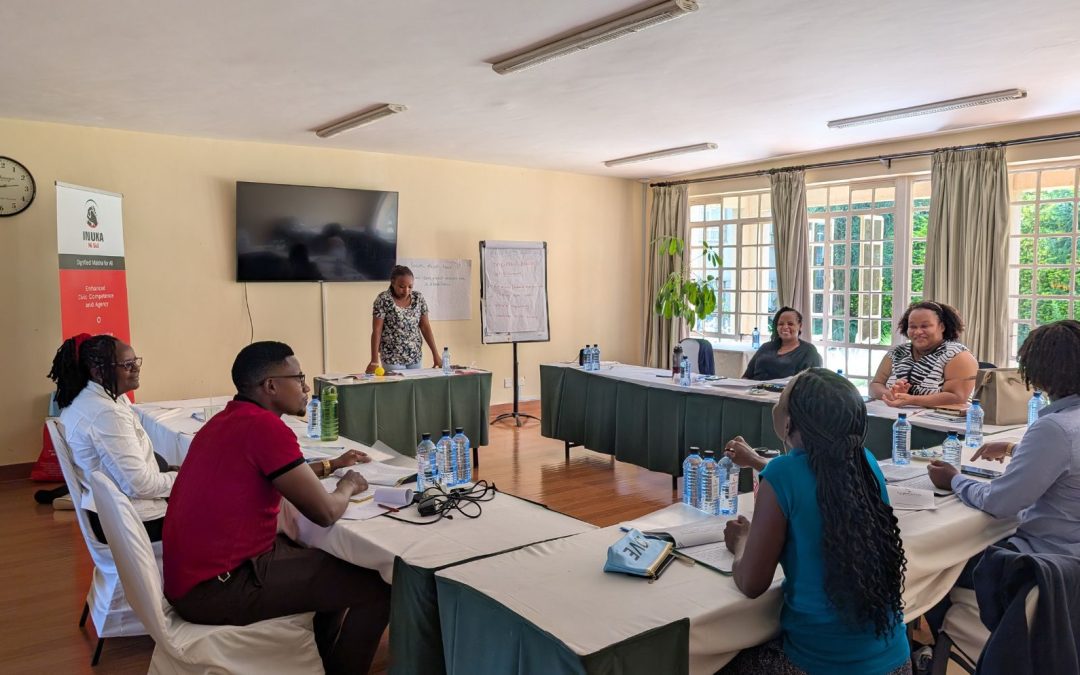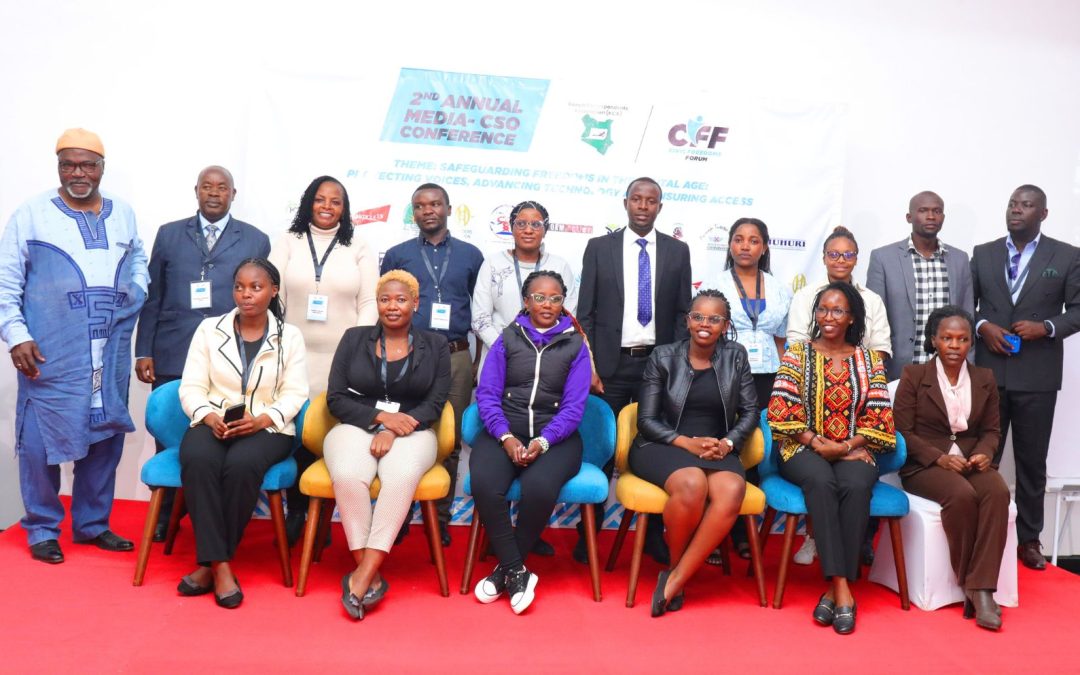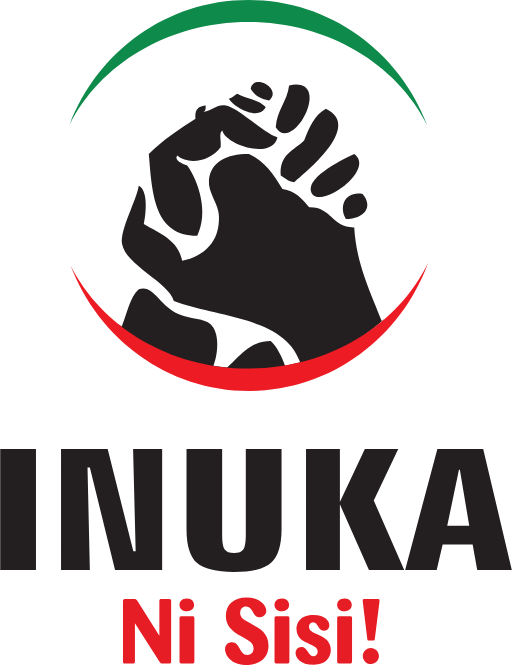
by Joan Achieng | Nov 25, 2024 | Stories
Inuka Kenya Ni Sisi! hosted a trans-formative three-day mental health curriculum training, bringing together civic actors from Kenya, Uganda, and Tanzania to delve into a topic that’s often overlooked in the world of advocacy: mental wellness. In a space filled with...
by Joan Achieng | Nov 24, 2024 | Press Statements
1. Economic Realities Even as Kenya demonstrates resilience as evidenced by the Kenyan shilling strengthening by 20%, rising from Ksh 162/USD in February 2024 to Ksh 129/USD and a drop in inflation from 9.6% in September 2022 to 2.7% in October 2024,...

by Joan Achieng | Nov 13, 2024 | Stories
The 2nd Annual Media-CSO Conference brought together a diverse group of journalists, civil society leaders, and advocates to address pressing challenges and opportunities in today’s media landscape. Under the theme Safeguarding Freedoms in the Digital Age, the event...



